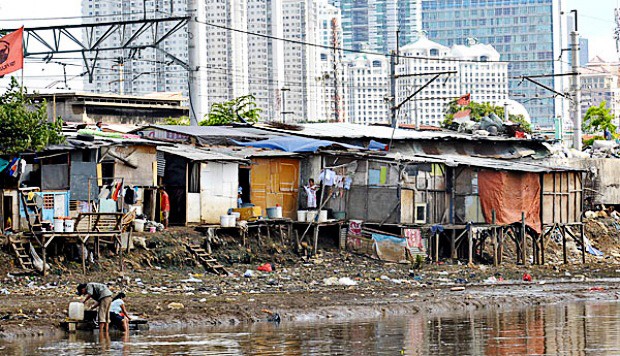The document titled “Slum Upgrading Without Displacement at Danukusuman Sub-District, Surakarta City” presents a detailed examination of the slum upgrading initiatives undertaken in the Danukusuman area of Surakarta, Indonesia. It emphasizes the importance of improving living conditions for slum dwellers while avoiding forced evictions, and advocating for inclusive and participatory approaches to urban development.

Context of Slum Upgrading
Surakarta, like many urban centers in Indonesia, faces significant challenges related to informal settlements. The document highlights that slums often lack basic infrastructure and services, leading to poor living conditions for residents. Traditional approaches to slum upgrading frequently involve relocating residents, which can disrupt communities and exacerbate social issues. In contrast, the Danukusuman initiative aims to enhance the existing environment without displacing its inhabitants.
Further reading:
[PDF] Slum Upgrading Without Displacement at Danukusuman … tuengr
Space transformation in a low-income housing community in … emerald
Objectives of the Danukusuman Initiative
The primary objectives of the Danukusuman slum upgrading project include:
- Improving Living Conditions: The initiative focuses on enhancing infrastructure such as water supply, sanitation, drainage systems, and housing quality. By addressing these basic needs, the project aims to uplift the overall quality of life for residents.
- Community Participation: Engaging local communities in the planning and implementation processes is crucial. The document emphasizes that residents should have a voice in decisions affecting their neighborhoods, fostering a sense of ownership and responsibility.
- Legal Security: Providing legal recognition of land tenure is essential for ensuring that residents feel secure in their homes. This legal framework protects them from eviction and encourages investment in home improvements.
- Sustainable Development: The project aims to create sustainable urban environments that integrate social, economic, and environmental considerations. This holistic approach seeks to improve not only physical infrastructure but also community resilience and cohesion.
Key Strategies Employed
The document outlines several strategies employed in the Danukusuman initiative:
- In-situ Upgrading: The project adopts an in-situ upgrading approach, which involves improving existing slum areas rather than relocating residents. This method minimizes disruption and allows communities to remain intact.
- Participatory Planning: Community engagement is a cornerstone of the initiative. Residents are involved in identifying their needs and priorities, which ensures that interventions are relevant and effective.
- Capacity Building: The initiative includes training programs aimed at empowering local residents with skills related to construction, maintenance, and community organization. This capacity-building enhances community resilience and fosters local leadership.
- Collaboration with Stakeholders: The project involves collaboration among various stakeholders, including government agencies, NGOs, and community organizations. This multi-stakeholder approach ensures that resources are pooled effectively and that diverse perspectives are considered.
- Monitoring and Evaluation: A robust monitoring and evaluation framework is established to assess the impact of interventions over time. This ongoing assessment allows for adjustments based on feedback from residents and changing circumstances.
Challenges Encountered
While the Danukusuman initiative has made significant strides, several challenges remain:
- Funding Limitations: Securing adequate financial resources for comprehensive upgrading projects can be difficult. Innovative financing mechanisms are necessary to sustain long-term efforts.
- Complex Land Tenure Issues: Many residents face uncertainties regarding land ownership, complicating efforts to provide secure tenure rights. Addressing these complexities requires careful negotiation and legal reform.
- Political Support: Sustained political commitment is essential for the success of slum upgrading initiatives. Changes in local government priorities can impact ongoing projects.
- Community Dynamics: Diverse interests within communities can pose challenges for consensus-building during planning processes. Effective communication strategies are needed to navigate these dynamics.
Conclusion
In conclusion, “Slum Upgrading Without Displacement at Danukusuman Sub-District” illustrates a progressive approach to addressing urban poverty through inclusive slum upgrading initiatives. By prioritizing in-situ improvements, community participation, and legal security for residents, the project aims to create sustainable living environments that enhance the quality of life for all inhabitants. The document advocates for continued investment in such initiatives as a means of fostering social equity and resilience within urban contexts. It underscores the importance of recognizing slums not as problems to be eradicated but as communities with potential that can thrive through thoughtful engagement and development strategies.
